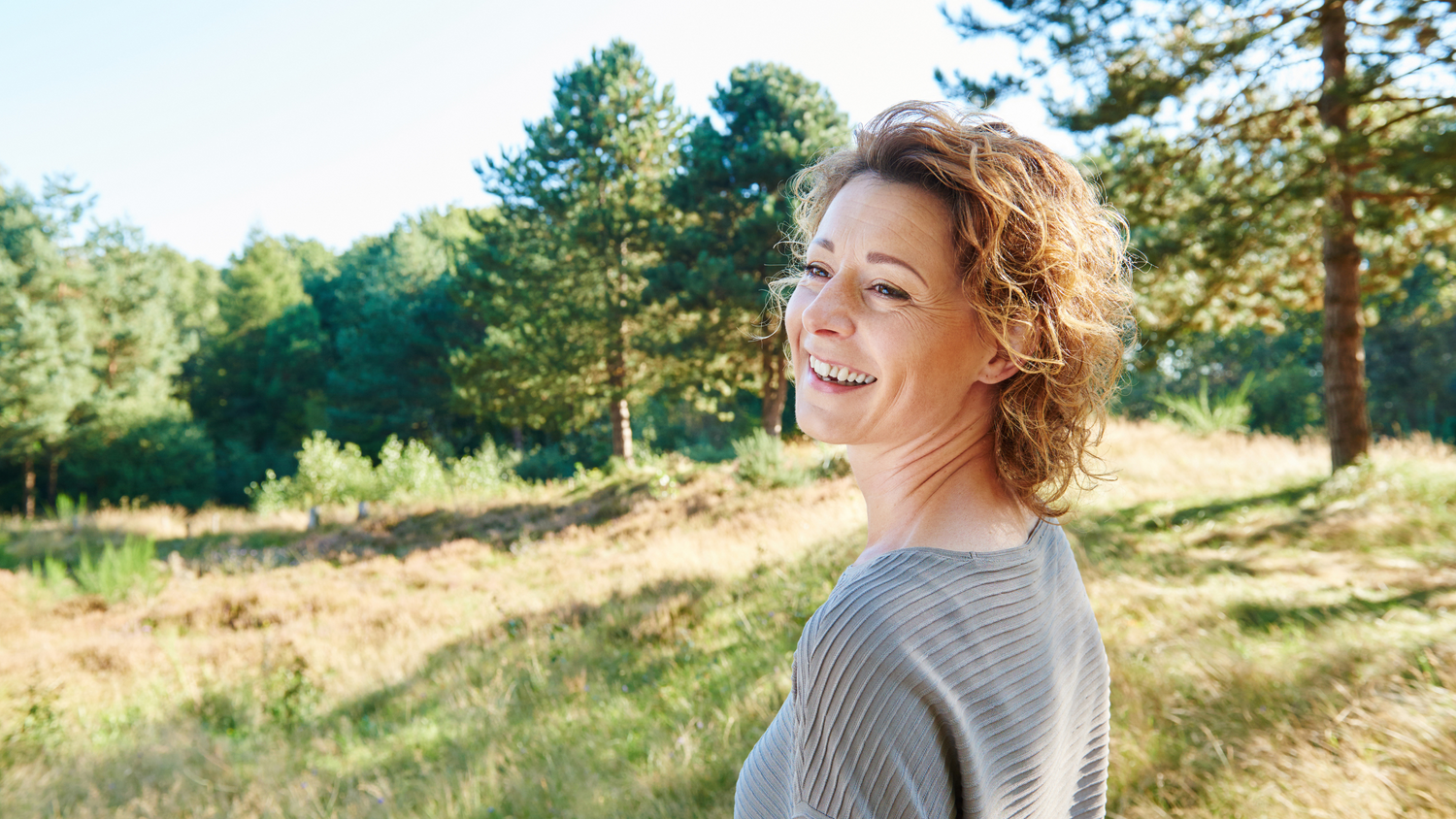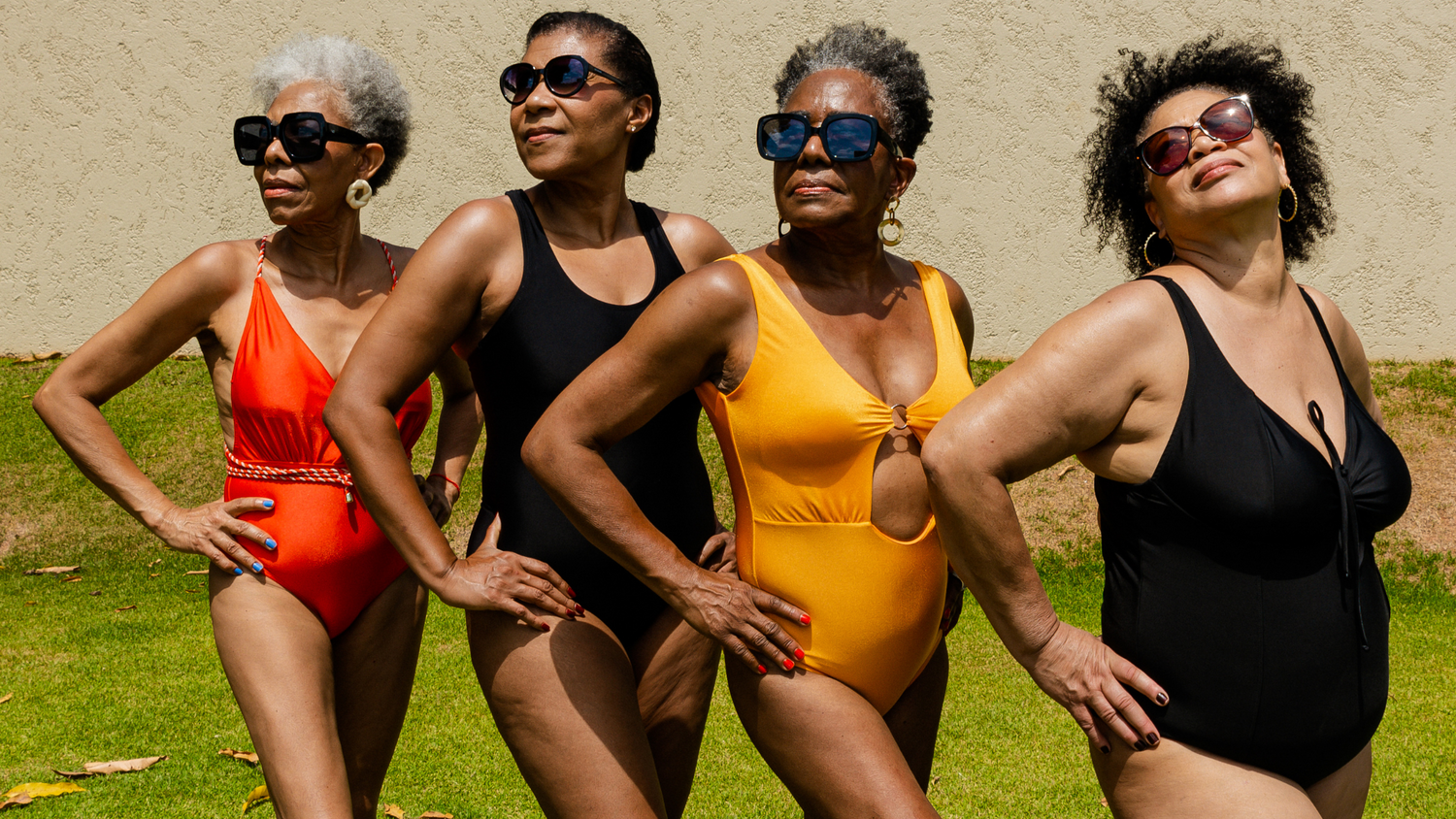Even if your mother had no problem giving you the sex education talk, there are probably some life changes she failed to mention. Rare is the mom who confides in her daughter that she had no problem being wet enough for sexual activity until she hit menopause! And yet, vaginal dryness can strike so suddenly that many of us are left wishing we had a bit more warning. Some extra time to prepare or to enjoy our healthy sexual function would have been nice. Sadly, the stigma surrounding feminine sexual issues has kept vaginal dryness a secret that many women suffer from and few seek treatment for.

Why Don’t We Talk About It When It’s So Common?
Studies estimate that before menopause, nearly one in five women from the ages of 18-50 has experienced vaginal dryness. And about half of women who have gone through menopause are affected by vaginal dryness. With such high numbers, it’s surprising that, for many women, vaginal dryness comes as a surprise.
Stranger yet is that it’s not as if it’s the sexual component that enforces the silence around the topic of vaginal dryness. You’ve probably seen commercials for birth control prescriptions or drugs that treat erectile dysfunction on television. Why not vaginal dryness? People don’t stop having sex when they reach menopause—on the contrary, some studies show that they start having the best sex of their lives.

The awareness of vaginal dryness is so low that many women internalize the problem and feel ashamed that they can’t perform sexually in the same ways they used to. Others may believe the only treatment is estrogen, and are afraid of the side effects and risks of taking hormones long-term. If everyone knew how common it was, the shame would disappear. Feeling isolated about a “taboo” medical issue only compounds the problem. If you’re feeling bold, the next time you’re out with your girlfriends, bring it up! If it hasn’t happened to them yet, chances are, it might in the future. Some doctors even suggest that all women will have vaginal dryness at some point in their lives. Fighting stigma starts with speaking up, and if your inner circle sees that you brought it up, they may feel more empowered to discuss it with their doctors.
Let’s Keep the Conversation Going.
Women feel comfortable talking about—and medically addressing—other parts of aging, like dyeing grey hairs or using creams to fight wrinkles. So many women living with vaginal dryness is unnecessary. Since life expectancy keeps increasing overall, some women may spend forty percent of their life in the post-menopausal phase. That’s far too long to deal with an itching, burning vagina and uncomfortable sex. So, mention it to your doctor, tell your daughter (if you have one), and talk about it at your next happy hour. Even if you only mention it once, you’re opening the door for a bigger conversation that can help normalize women’s sexual wellness.

If you are experiencing vaginal dryness, join the many women who have tried Membrasin® and experienced relief from vaginal dryness. Membrasin® products are hormone-free and clinically supported. Try the Membrasin® 2-Step Starter Pack today!





